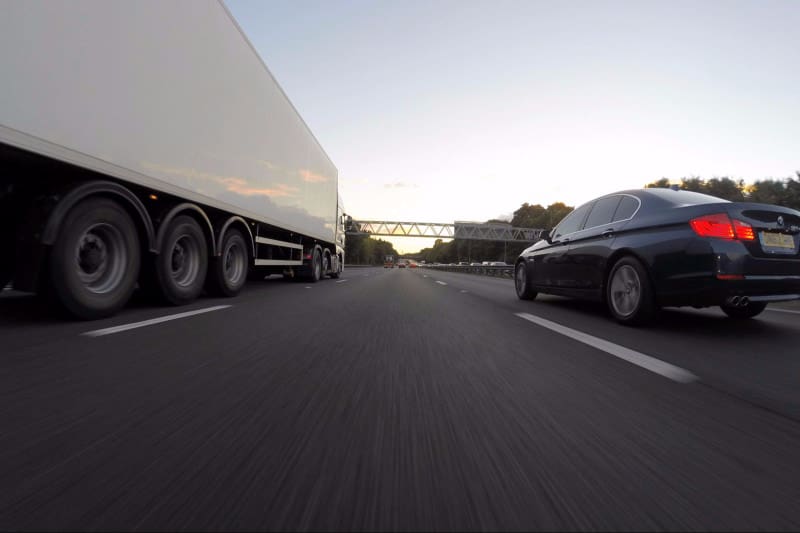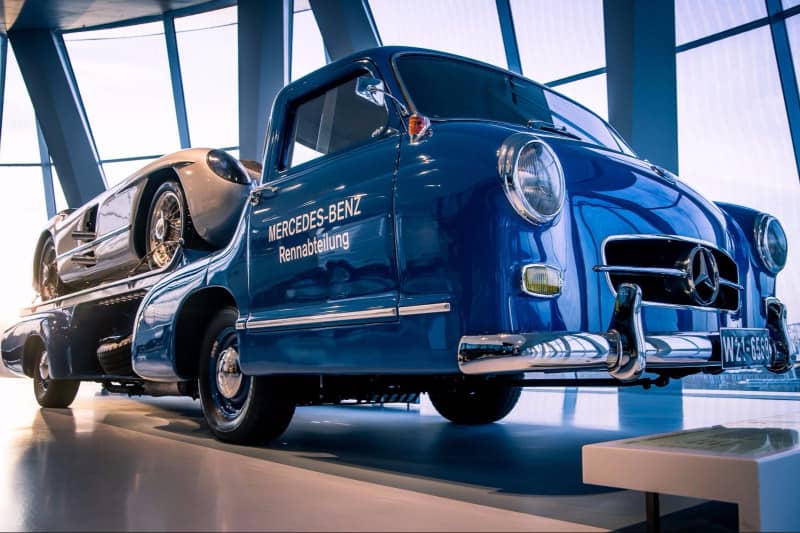Everything you need to know about Non-Trucking Liability Policies
If you are an independent trucker, the chances are that you’ve already heard of non-trucking liability policies. Non-Trucking Liability policy (NTL) is the coverage provided to you when you use your otherwise commercial vehicles for personal use.
Let’s face it, as independent truckers, work isn’t the only reason to bring out your truck. Whether it’s dropping the kids off to soccer practice or a last-minute run to the grocery store, trucks can be handy for personal uses, with or without their trailers. In order to cover the gap between Commercial Auto Insurance and personal use, NTL provides coverage for damage (property or bodily) to a third party and helps protect both the operator and the motor carrier company with whom you may have signed a lease agreement.
Is Non-Trucking Liability Insurance a Necessity?
Sometimes, you may be required to have an NTL policy by your motor carrier to protect the latter’s primary liability policy. The primary liability policy covers truck operators while they are under dispatch, to and from the starting point of their work. However, since independent truck operators own their trucks and are on a lease agreement, they are entitled to use their equipment for personal reasons which the motor carrier does not need to insure. This is out of dispatch and thus, not under company time. If you were to damage or injure a third-party while using your vehicle for personal reasons outside of company time, NTL provides coverage and can help you save on a lot of costs such as lawsuits, fines or replacement of parts.
What Does Non-Trucking Liability Cover?
Like we said, NTL provides coverage for any damage caused to third parties while using a commercial vehicle for personal uses. The limits on a typical NTL insurance are:
- Bodily injury and property damage: $1,000,000 (combined for both)
- Injury to an uninsured/underinsured motorist: $50,000 (per person)
- Injury to an uninsured/underinsured motorist: $100,000 (per accident)
Though NTL policies provide quite a substantial coverage limit, there are exceptions and restrictions to keep in mind, such as:
- NTL insurance doesn’t provide coverage when the operator is hauling any cargo or using the vehicle for business purposes, including filling fuel, traveling for vehicle servicing, driving to and from the terminal and washing your truck, to name a few.
- NTL insurance doesn’t provide coverage in situations when the truck is hauling a loaded trailer and is operating on behalf of a trucking company or generating any revenue from this deed.
- NTL insurance isn’t compatible with policies that have FHWA, MCS-90, SR-22 or state filing.

Bobtail vs Non-Trucking Liability Policy
Often, bobtail insurance is confused with non-trucking liability insurance. However, there is a slight, yet definite, difference between the two.
“Bobtailing” refers to the act of driving a truck without the trailer attached and bobtail insurance provides coverage in the case of accidents in such instances. NTL policies, on the other hand, provide coverage for damage (property or bodily) to third parties, when a commercial vehicle is used for personal purposes.
Bobtail insurance provides coverage regardless of whether the truck operator is under dispatch while NTL provides coverage only when the operator is not under dispatch. NTL is also the cheaper option though it provides narrow coverage, while bobtail is more expensive due to its broader coverage range.
The most commonly requested limit in bobtail insurance is $1 million, but higher limits are also written, depending on the needs of the operator. With NTL, the highest limit is $1 million, with no scope for additional limits. NTL is also the less common option as compared to bobtail insurance.
Generally, both types of insurance policies may be required by the motor carrier, a majority of the time. NTL and bobtail insurance actually work hand-in-hand and between them, there are no gaps left in the coverage of your vehicle. However, it is recommended that you spend more for bobtail coverage than NTL.
How to Choose the Right Insurance Provider
Choosing an insurance provider who can match your needs exactly with their policies is of utmost importance. The following tips might help you choose the right NTL insurance companies:
- Clarify the definition of “Non-Trucking” with the company
- Exclusions and restrictions
- Meeting of requirements in the lease agreement
- The limits on the policy
Sometimes, the question may arise whether your motor carrier’s primary policy provides sufficient coverage such that you don’t need a separate NTL. Certain motor carriers may provide this and the best way to confirm is to look over your lease agreement, as this helps to prevent double coverage and any other gaps in coverage.

How to Save on NTL Policies
There are various ways that you can save on all types of insurance and NTL policies are no exception. The following tips might help you save on the amount of premium you pay towards your NTL policy:
- Increasing Deductibles: “Deductible” refers to the amount you pay from your own funds before the insurance company settles your claim, in the case of an accident. By increasing your deductible, you can save a whole lot on your policy. A policy that has a low limit and high deductible value will definitely be cheaper than one with a high limit and low deductible, so think about increasing your deductible, be it $100 or $5,000.
- Payment of Premium: Try to pay your premium in one shot at the beginning of the year, as this can save money in the long term, as opposed to installments.
- Research: For the best deals and quotes, do your research! Look up various companies and their quotes before finally settling on one. The golden rule is to compare at least 3 quotes before you select one. Some companies offer rates as low as 2.5% of the vehicle’s amount, so don’t miss out on these!
How Much Is Cargo Insurance for Truckers?
When you have to handle expensive cargo, you cannot hesitate to get one of the best insurance packages in the field. Non-trucking liability cover for truckers will offer you comprehensive coverage from multiple aspects. For example, bodily injury and property damage can provide you up to $1,000,000 coverage, while an injury to an uninsured motorist would be $50,000 per person or $100,000 per accident.
As you can guess, any policy would offer comprehensive protection for the cargo. However, if you are looking for the best results for cargo protection, you need a dedicated package. Then, the premium for the insurance would depend on the type of cargo that you usually carry. Similarly, regional rules would also impact the final amount you have to pay.
In conclusion
NTL is quite a handy policy and regardless of it being a requirement, is a highly helpful policy. However, it is highly easy to get confused between bobtail insurance and NTL, so talk to your representative and clarify all the doubts you may have regarding these. Also, remember to go through your options when it comes to picking an insurance provider and utilize the various ways in which you can reduce your insurance payments.
